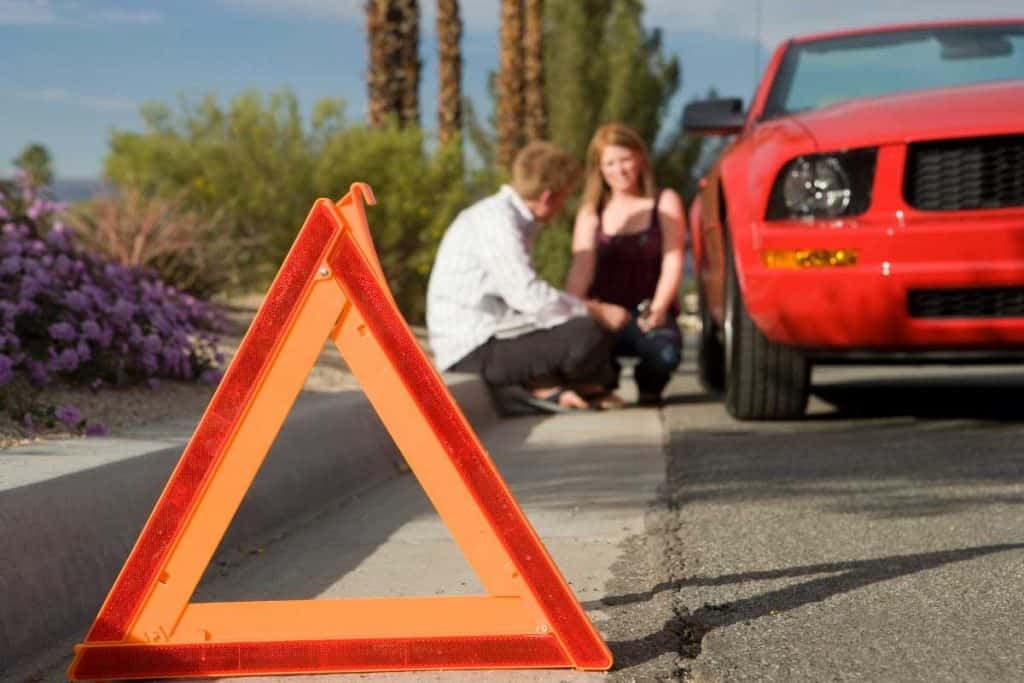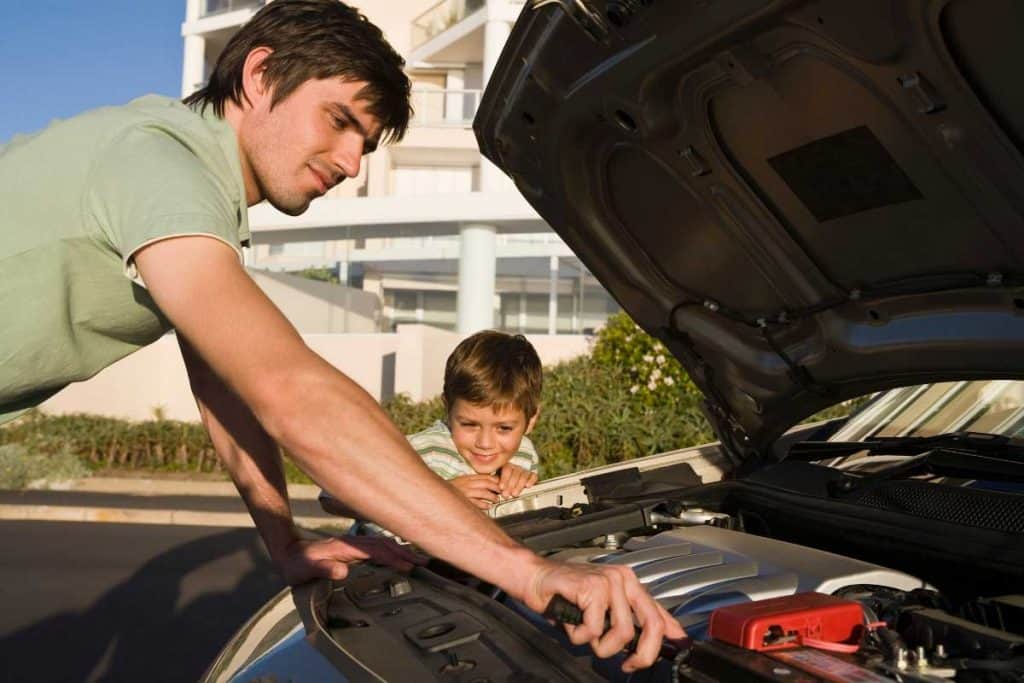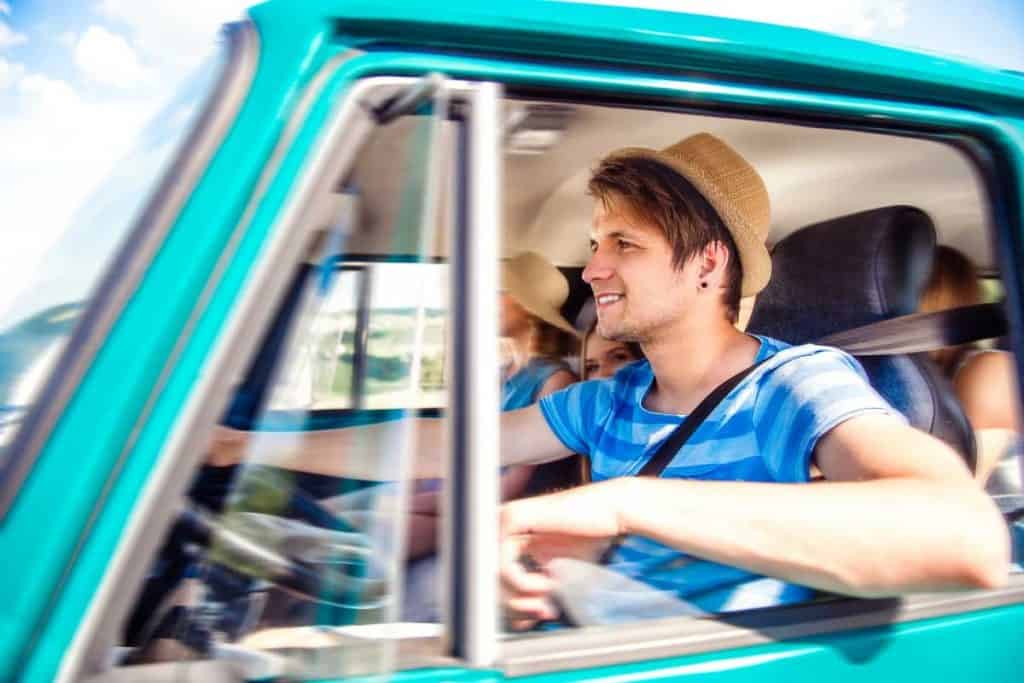Holidays stir up Aussies to take a break and look for adventure. Being out in the blue skies, red lands, and pristine waters are enough to inspire you to hit the road. Know how to check your car with our maintenance list before going on your holiday trip.
Going on a road trip – especially multiple locations – in Australia would mean a long destination as parks and campgrounds often are miles away from the one. That being said, you need to have your vehicle checked and undergo a safety inspection.
How to take care of your car on a road trip

What will happen if your car breaks down and leaves you stranded in the middle of nowhere? Check this basic maintenance list before embarking on your holiday trip.
Check essential fluids before you go
Fluids top your maintenance list as it plays a dire role in your mileage and vehicle longevity. There are seven fluids you need to be aware of and keep in check:
- Fuel. It’s what your car uses the most, so make sure it’s full before you go on a trip. But out there, stops are often scarce, so make a list of stations where you can gas up your ride. Averagely speaking, you can always find one around 80 to 120 km.
- Engine oil. If you want to keep your engines working properly, ensure that your engine oil is clean and at appropriate levels. You don’t want it to be clunking due to leaking or burning oil. Also, you have to check its condition and color. Yellow oil is fine while a dark and gritty one signals an oil change.
- Coolant. Coolant helps lowering engine heat by dispelling the warmth through a radiator. Proper coolant level prevents vehicle overheating.
- Power steering fluid. If you want easy maneuvering, power steering systems are using hydraulics to make turning easier. Similarly, you need to see this pressurized fluid at its proper level.
- Break fluids. Most breaks are hydraulic and the fluid is connected with the pedal to the brakes. If the breaks are slow and aren’t working well, you should check the fluid whether it’s contaminated by water or started to leak.
- Transmission fluids. It helps cool the transmission systems and lubricate it to prevent friction and heat.
- Windshield fluids. You’ll be getting grime, dirt, and dust along the way, so it’s important to fill up your windshield fluids as well.
Inspect condition of your tires
Look for worn signs like damages, bulges, and strain on your tires. If it shows and wears, replace the tires before your road trip. Also, make sure that the treads are aligned and do not have any uneven tread wear. Balding treads have higher chances of having blowout and traction on the road.
Make sure your spare tire is also in good condition.
In addition, tire pressure should be at appropriate levels. Over-inflated and under-inflated tires increase the risk of blowout. What’s more, it’ll cause more pressure when friction hits the road, thus, hurting your gas mileage. Check tire pressure every 1,000 miles or depending on how rough the terrain is.
Test lights and horns
If your road trip leads to starless nights and misty days, having working lights can improve driving conditions and safety. Be sure your headlights, taillights, parking lights, and turn signals are working. This is quite critical especially when you want to continue driving at night or in an unfamiliar location of the region.
Secure drive belts
If you pop the hood of your car, inspect your drive belts and give it a squeeze to make sure they’re tight and working properly. Look for signs like cracking or missing teeth. If so, replace your drive belts immediately.
See that your air filter is clean
Your air filter should prevent dirt and debris from entering your engine or car interiors. Vehicle filters should be white and clean. If yours look anything but that, it’s time to replace it before your holiday camping. Air filters come inexpensive and easy to replace.
Know if the battery is still in good condition
Your battery should show have no corrosion and should be tight to your vehicle’s electrical system. If there’s debris in your battery you can clean it with baking soda and scrub it with a toothbrush. You’ll know when our battery starts dying out when it emits lower electrical power to your car.
Maintain your towbar
Have your towbar inspected to help maximize strength and lifespan. The towbar should be cleaned with thinners and must be free of grease, dirt, and debris. Check its joints for tightness and replace worn parts before going on a road trip.
- Check if your car is compatible and a natural towing vehicle
- Know what you’re going to tow (caravan, trailer, small boat, etc.) and your vehicle’s towing capacity
- Drive carefully when traveling with a trailer or caravan

Quick tips before hitting the road
A vehicle break down is bad enough within your town, so how much more if you’re out on a holiday? Here are several steps to ensure your trip to be fun and exciting.
- Clean your car inside and out. Getting rid of the dirt and debris can help you pack and ride seamlessly afterward. Keep a small garbage bag if you need to throw trash while on the road.
- Cover headlights and taillights with a cloth. This is to prevent bugs from flying over to your car. And it’s quite helpful especially when you’re driving at night within the hinterlands.
- Bring a fire extinguisher. When your car overheats (especially in your transmission and suspension parts – or hood) it’s best to be prepared and bring a fire extinguisher.
- Take your assembly kits with you. Keep car tools and repair gears with you always. Tire iron, tire jack, cables, pliers, and more. If your car has a breakdown, you can always rely on your tools to save you.
- Bring emergency tools also. You may want to keep a road flare, flashlight, raincoat, boots, towels, and survival gears.
- Have a map. Do you know where you’re going? Having a map and navigation gear will help you get to the nearest gas station or auto shop in case you want your car to be checked by a professional.
These are effective tips for safe driving. After all, your holiday camping wouldn’t be successful if your car is anything short of being functional.



